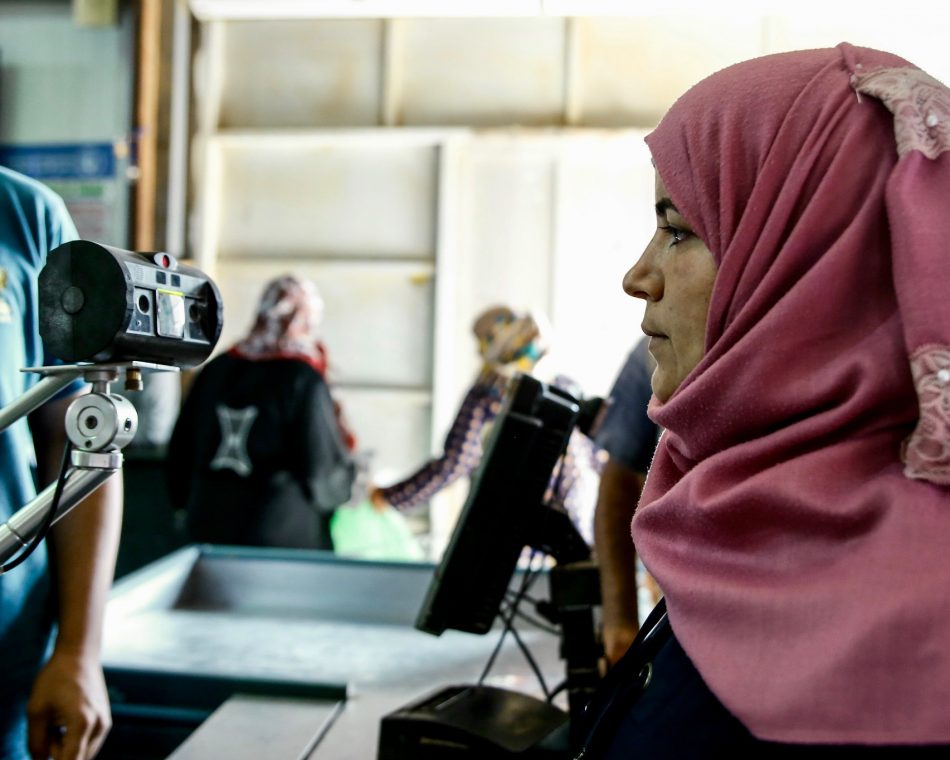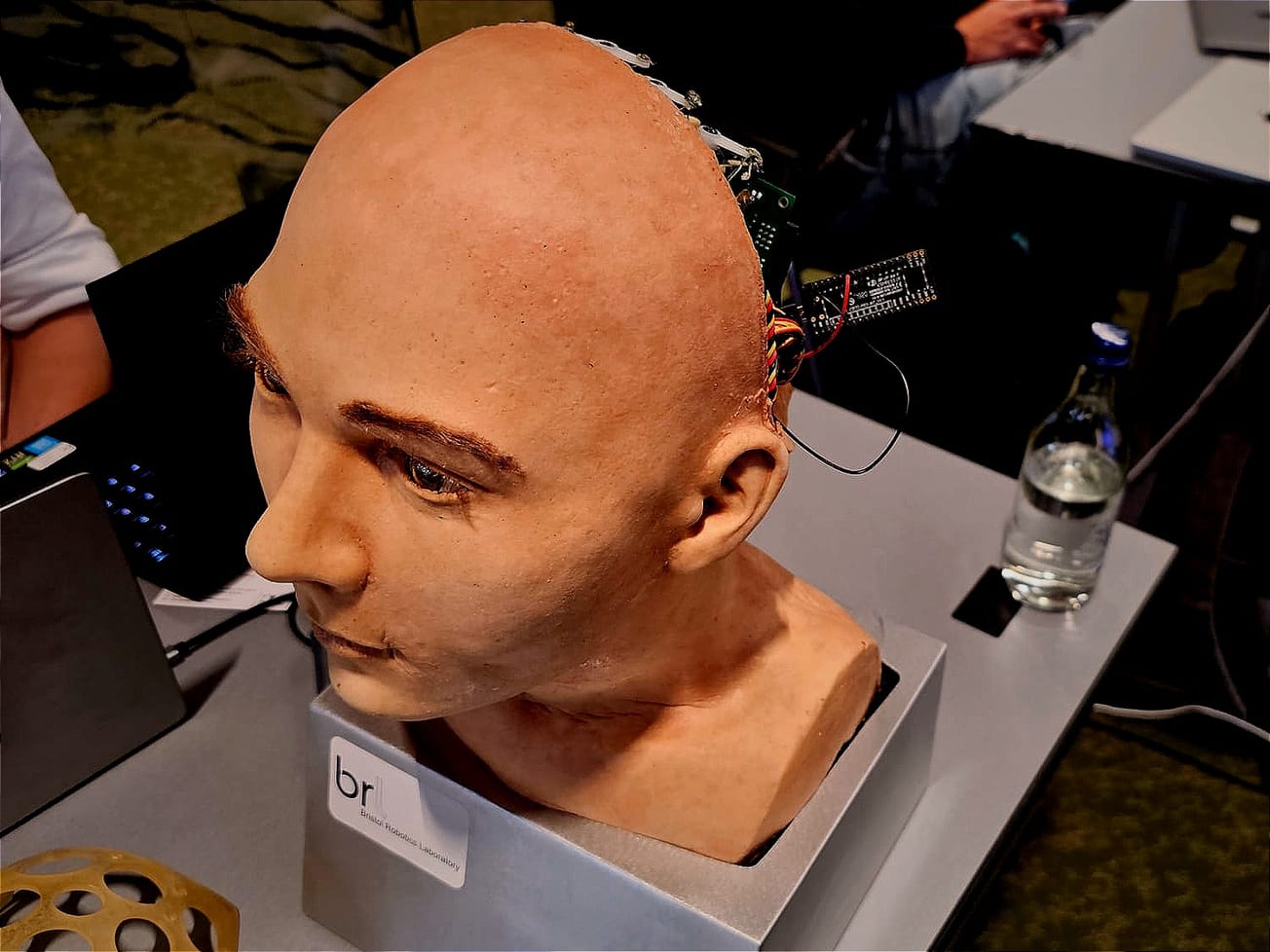GENEVA — An independent examination into the United Nations' early adoption of blockchain technology found at least 10 agencies use it and many others plan to despite environmental concerns, data privacy and cybersecurity risks, and potential illegal misuses.
The blockchain technology that powers Bitcoin and other cryptocurrencies is mostly being used in field operations to manage supply chains, digital payments, tracing of livestock, digital identities and land registrations, according to the Geneva-based Joint Inspection Unit, or JIU, the U.N.'s independent and external oversight body, which noted that most organizations are considering future uses.








